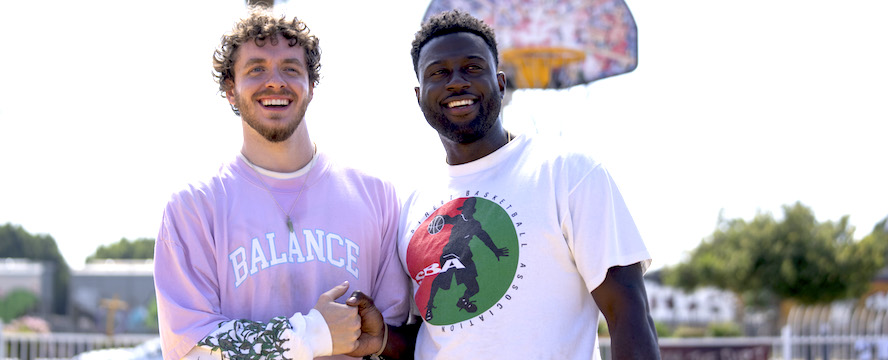Film White Men Can't Jump: meeting with the cast, Sinqua Walls and Jack Harlow
White Men Can't Jump is the streaming movie
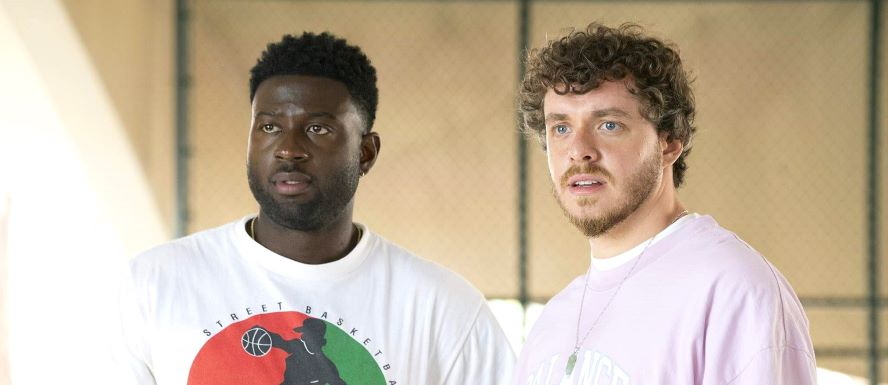
White Men
Can't Jump is the streaming movie. It is a remake of 1992's White Men Can't
Jump, directed by Ron Shelton and starring Wesley Snipes and Woody Harrelson.
The plot follows two former basketball players who decide to return to the
court.It stars Sinqua Walls, Jack Harlow, Teyana Taylor, Laura Harrier, and
Vince Staples, directed by Calmatic
Why did you choose Los Angeles for the setting?
Calmatic. I mean, I'm born and raised in L.A., you know what I'm saying? Like, I love L.A. more than a lot of stuff. And I feel like, you know, especially in film, Hollywood, you see L.A. presented in so many different ways. But being someone who lives here, I'm like, there's a whole L.A. that the world hasn't seen yet. It's the L.A. I grew up in. It's also a very influential, you know, part of L.A. that hasn't been seen yet. Just the way we walk, the way we talk, the way we play basketball. You know, like I always say, like, James Harden, like, he went to Audubon Junior High. That's, like, a very specific junior high. And if you see the way he play and the way he be doin' his little weird step backs that look like they might be travel, like, that's some Audubon shit. You know what I'm saying? And so, like, I think, you know, the way Russel Westbrook plays, like, he went to Henry Clay Middle School, and that's, like, the crazy, you know, middle school where the kids are just running out of control.
The basketball parts look authentic.
Sinqua Walls. I think that was the most important part, was to make sure that this was authentic with basketball. And I think that's something that truly the director really cared about and he was really critical about every time. It was important to make sure that that was infused naturally.
How did the filming take place?
Jack Harlow. I'm thankful that I joined a group of people that were so humble and, you know, willing to let me learn and be patient with me and be willing to teach. You know, I feel like I arrived into a egoless environment. And I was the least experienced person and everyone just kinda let me shine and, you know, try things and, you know, gave me the room to give my opinion. You know, I gotta give a big shoutout to Cal for that.
Sinqua Walls. Also, what I will say, 'cause people ask this a lot. And I think one of the things that really meant a lot to me, and I say this all the time, is this brother called me, I think, like, before the first scene or two days before. He's like, "Bro, let's just go over the lines because I don't want the first time that we work together to just be the first time we actually speak." And I think that speaks volumes, because even though it's his first one, he's really professional and he's really seasoned.
Jack Harlow. It's the first time I felt that since school. So, you know, I had just dropped an album. I was in the whirlwind of the music industry. And the way the schedule was set up is as soon as the album came out, I was to come out here and shoot this. So, it was such a beautiful escape from kinda the place I was in. And I really -- I think I needed it mentally and emotionally just to get out of the monotony of music.
How does the film relate to the 1992 film?
Sinqua Walls. I think what the
'92 film did was really be elemental of what was going on in the culture. And I
think now our culture is progressed to a place where mental health is so
important. And people are wanting to have that conversation. They're wanting to
have a conversation of "How can I get help?" Or "How can I
help?" I think holding people accountable. We have this line in the film
where he says, "Basketball is your therapy." And I know so many
people where they don't know their thing, which can be their therapeutic tool
for growth and ability to have peace.
© All rights reserved
You Might Be Interested

Hoppers , Piper Curda Interview
The statements of Piper Curda
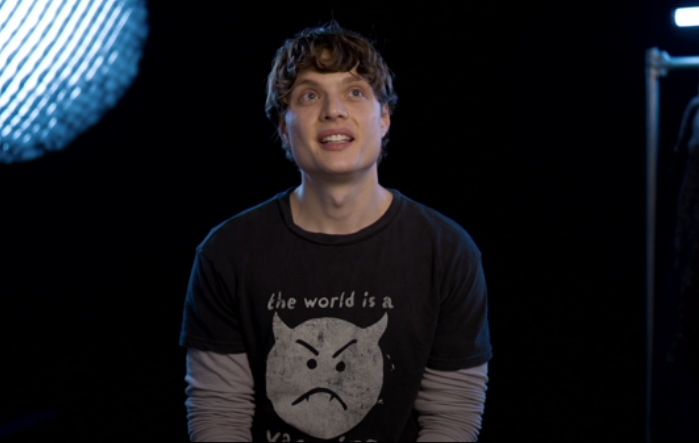
Scream 7, Asa Germann Interview
The statements of Asa Germann
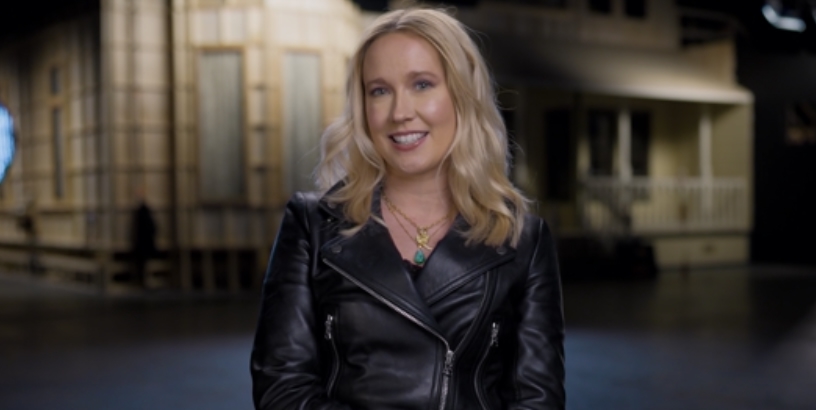
Scream 7, Anna Camp Interview
The statements of Anna Camp
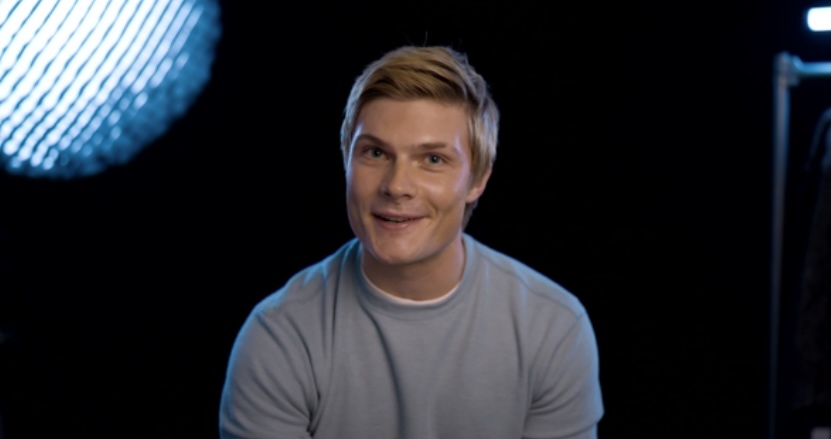
Scream 7, Sam Rechner Interview
The statements of Sam Rechner
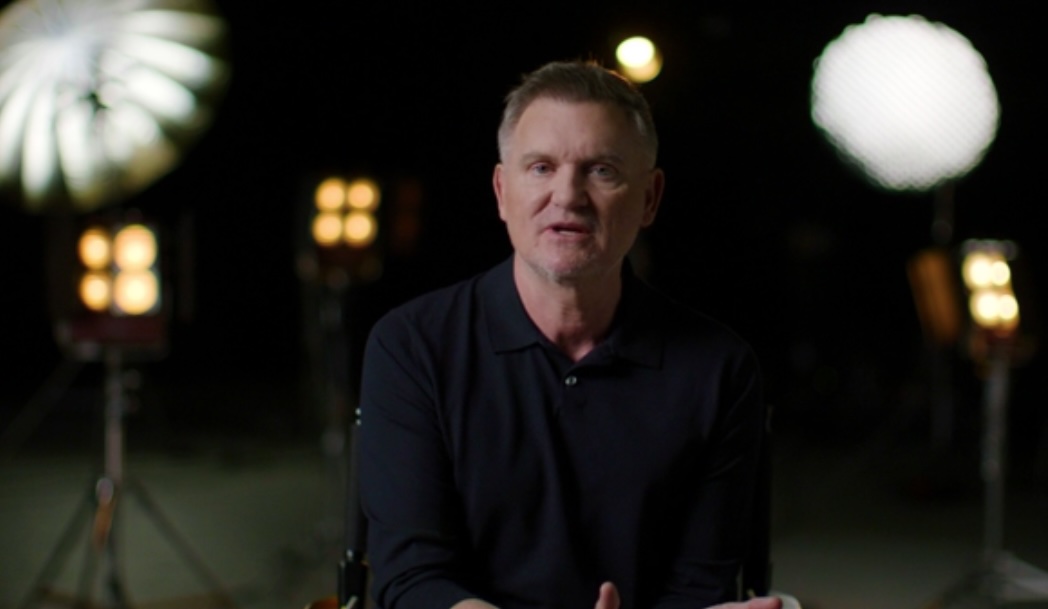
Scream 7 director, Kevin Williamson Interview
The statements of Kevin Williamson
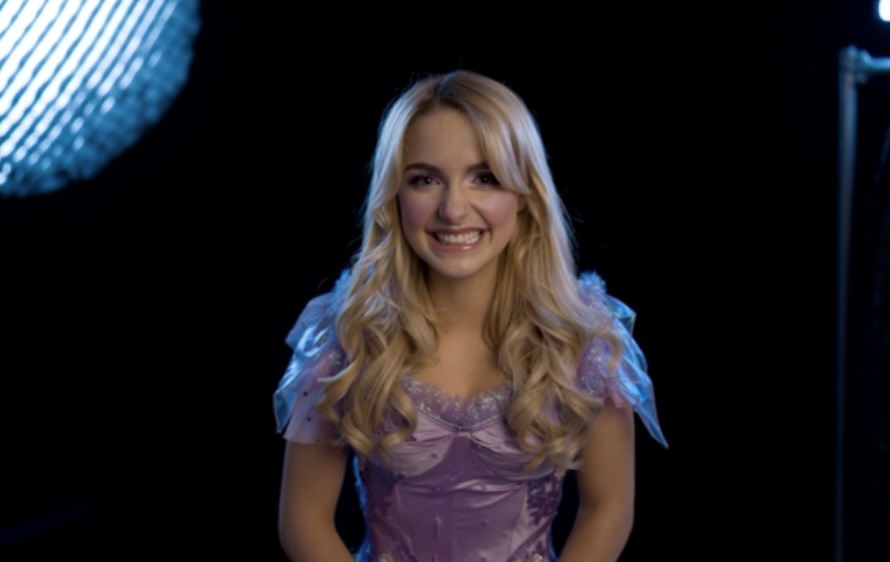
Scream 7, McKenna Grace Interview
The statements of McKenna Grace
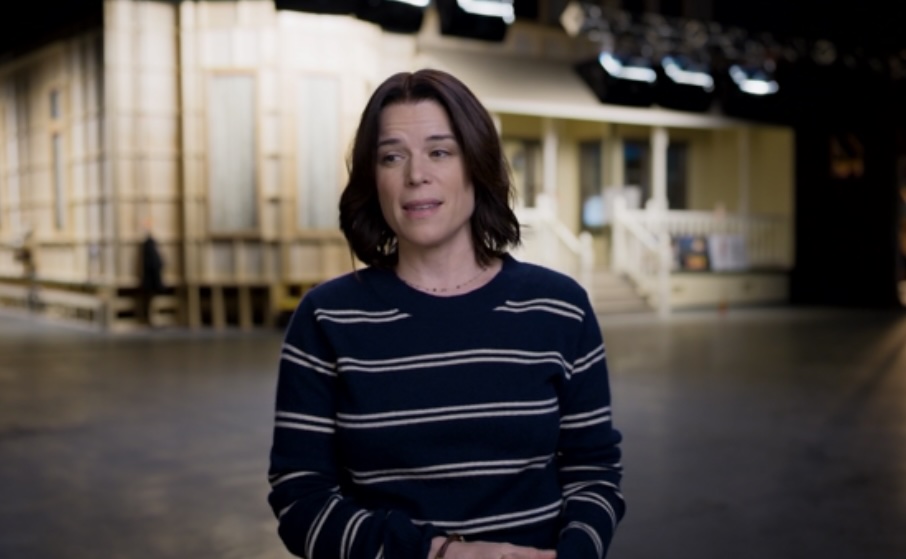
Scream 7, Neve Campbell Interview
The statements of Neve Campbell
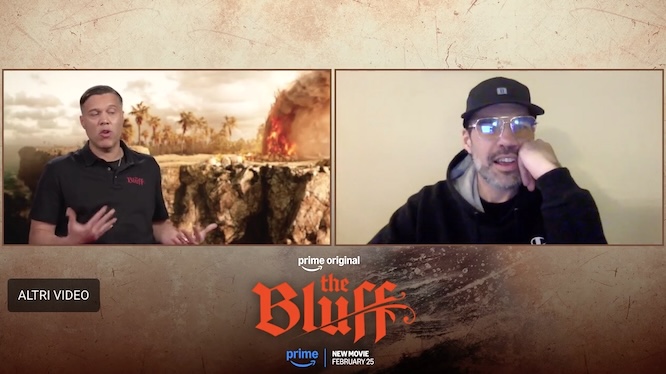
Frank E. Flowers on The Bluff: Exclusive Interview & Behind the Scenes
Discover The Bluff, the drama movie with Priyanka Chopra Jonas, Karl Urban, Ismael Cruz Cordova. Plot, cast, interview

